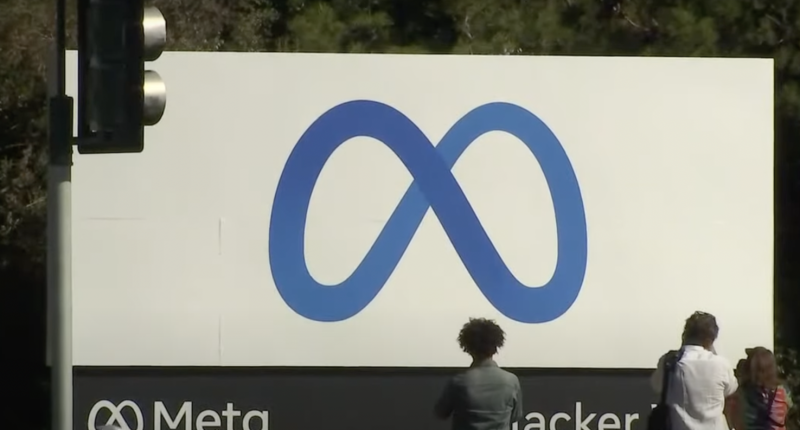Since the introduction of ChatGPT, generative AI has been hailed as a cornerstone of the AI sector, and its popularity has been rising by the day. It has also seen a host of AI chatbots being rolled out, and it is not just the likes of Microsoft and Google who have been working on this. Social media companies like Snap – with My AI – and Meta have worked on their own AI offerings, and now, the parent company of Instagram, WhatsApp, and Facebook, intends to roll out new GenAI chatbots with distinct personalities, as a part of its larger chatbot rollout, reports WSJ.
Aimed primarily at a younger audience, these chatbots are designed with distinct personalities, offering users a more personalized and engaging experience. The Wall Street Journal reports that the social media company aims to create dozens of these chatbots. The development itself is unsurprising – a few months ago, Alessandro Paluzzi had shared a screenshot on X revealing that Instagram was working on bringing ‘AI Agents’ (bots) to user chats, which span across 30 distinct personalities. At that time, Meta CEO Mark Zuckerberg revealed that Meta was interested in creating “delightful experiences” with the bots. “In the short term, we’ll focus on building creative and expressive tools,” he had said. “Over the longer term, we’ll focus on developing AI personas that can help people in a variety of ways.”
#Instagram is working on bringing AI Agents (Bots 🤖) to your chats for a more fun and engaging experience 👀
ℹ️ AI Agents will be able to answer questions and give advice.
You'll be able to choose from 30 different personalities. pic.twitter.com/4eWLBbvs8w— Alessandro Paluzzi (@alex193a) June 5, 2023
This move comes as Meta is recalibrating its strategy to adapt to shifting user preferences and create a more appealing space for younger demographics in the wake of TikTok’s meteoric rise. Not that this is particularly surprising, given the emergence of TikTok as a dominant force in social media. The company is set to introduce these AI chatbots as soon as this week, during its Meta Connect event on Wednesday.
One of the defining features of Meta’s Gen AI Personas is the diversity of personalities on offer. These chatbots are not mere scripted responders; instead, they possess individual traits and behaviours. Among the personalities that have been tested internally, one stands out as the “sassy robot,” inspired by the beloved character Bender from the animated series Futurama. This personality exudes sharp wit and humour, aligning with the preferences of young audiences for whom farcical humour is a hit.
Another persona, “Alvin the Alien,” adopts an overly curious disposition. However, this persona has raised concerns that its inquisitiveness might be misconstrued as an attempt to gather personal information. AI chatbots don’t “exactly scream Gen Z to me, but definitely Gen Z is much more comfortable” with the technology, said Meghana Dhar, a former Snap and Instagram executive. “Definitely the younger you go, the higher the comfort level is with these bots.”
“Meta’s entire strategy for new products is often built around increased user engagement,” she added. “They just want to keep their users on the platform longer because that provides them with increased opportunity to serve them ads.”
Meta’s ambitions extend beyond a limited selection of AI personalities. The company envisions creating a diverse array of these AI agents, each with its own set of traits and characteristics. Moreover, Meta is reportedly developing a chatbot creation tool that would empower celebrities and content creators to craft their chatbots. This tool holds the potential to facilitate more direct and personalized interactions between influencers and their fan bases, thereby enhancing user engagement. In addition to enhancing user engagement through these AI personalities, some chatbots in development may possess productivity-related skills. These skills could range from assisting users with coding tasks to helping with various practical aspects of daily life.
